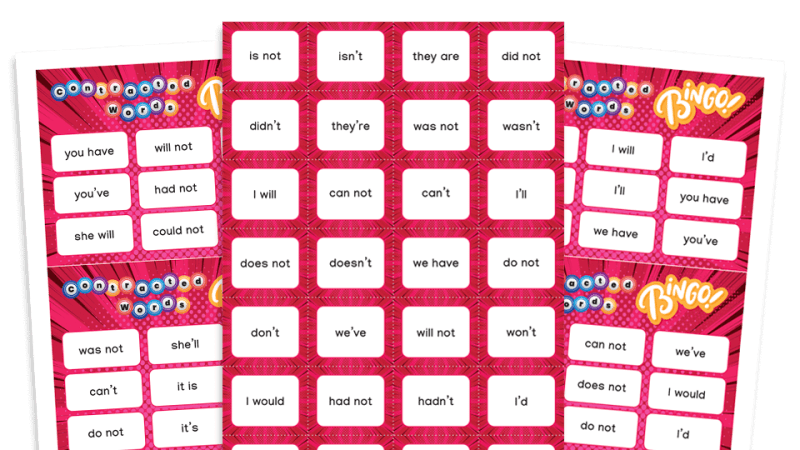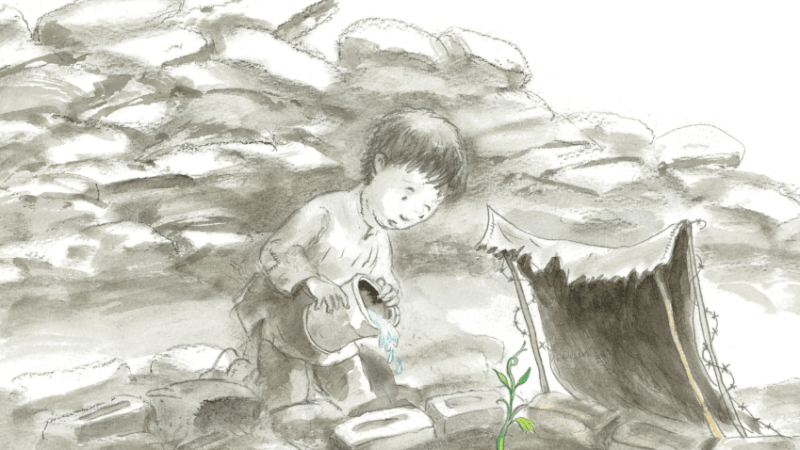Turn your Class into Authors to Avoid Getting Stuck in a Writing Rut

We can’t avoid SPAG, but do we really need to grammar bash all the time, asks author and teacher Mark Lowery…

- by Mark Lowery

Twenty years ago, I attended my first English lecture at teacher training college. I remember the lecturer talking a lot about enthusiasm: “If you teach enthusiastically, the children will write enthusiastically.” It’s hard to argue with that.
Research shows that children who enjoy writing very much are seven times more likely to write above expected levels than those who don’t enjoy it at all. As teachers, our own attitudes can influence children’s perceptions enormously.
Unfortunately, a suffocating curriculum and punitive assessment system don’t exactly support this. If you suggested to some primary teachers that an extra sprinkle of enthusiasm would aid their children’s writing, they might enthusiastically ram a rolled-up SPAG test down your throat.
As an author, I visit lots of schools, trying to enthuse teachers and children about reading and writing. Teachers often tell me that their children never get the chance to write for fun anymore. There’s a big gap between how they’d like to teach writing and how they actually have to teach it.
Of course, you can’t just light the incense, pull out the bean bags and tell the children to write whatever they want all the time. There are always boxes to tick, objectives to cross off and fronted adverbials to crowbar into sentences.
To avoid the rut, my approach – in my own classroom as well as other people’s – has always been to get the children to think like authors, rather than pupils.
The best way to do this is to give them loads of coffee, then ask them to open and ignore a blank Word document for six hours while eating biscuits, rearranging their desks and tweeting bitterly about celebrities who write children’s books.
OK, maybe not. But creating a roomful of authors isn’t too difficult. More than anything, it’s a question of mindset, and of empowering yourself and your class.
Be subversive. Rules are there to be broken, or at least bent a little (like the rule about starting a sentence with a conjunction).
Collapse the curriculum once in a while and allow children to immerse themselves in their work over a few days. Even a simple change of routine can add a spark: writing with gel pens on black sugar paper, or scrawling castaway stories on old scraps of cardboard.
Get them excited about what happens next. Create an interesting stimulus and encourage children to keep asking questions.
I faked an alien landing once, although unfortunately the luminous green footprints led up the school fence and into the back garden of one of the girls in my class – cue an acute panic attack that her mum had been abducted.
You don’t need to be elaborate or risk emotional meltdown though. Websites such as literacyshed.com have loads of great photos and ideas.
Focus on the story. We can’t avoid SPAG, but do we really need to grammar bash all the time? Now and again we should let children’s stories breathe without worrying too much about constipated clauses and encrustulated whoojammydoodahs.
Encourage them to write what they want to read. I agree that three-phase planning and genre-specific units have a place. They ensure structure, coverage and (most importantly to government) accountability.
However, they can also stifle inspiration and freedom, and lead to ‘writing by numbers’ work. It’s fun to let children take an idea in their own direction.
During school visits, I often get classes to write about a deadly doughnut, and let them choose how to write it.
I’ve had all sorts of stories: horror, myths, sci-fi. Once, I even had a gangster-rap turf-war story, which included my favourite ever sentence: “It’s tough out there in the bakery aisle – a doughnut can get glazed just for the colour of his sprinkles.”
Play with language. I avoid the term ‘wow words’. It makes me think of that Friends episode when Joey improves his writing with a thesaurus. “They’re warm, nice people with big hearts,” became, “They’re humid, preposessing homosapiens with full-sized aortic pumps.” I prefer talking about accurate, well-chosen language.
My favourite classroom game is Blankety Blank. The whole class creates a word bank of, say, synonyms for ‘went’. Then I give them a sentence and they choose the best word to complete it, eg “The custard thief poured 60 litres of it down his trousers and _____ away.”
Even young children can have sophisticated discussions afterwards about their choices.
Encourage a god complex. A blank page can be terrifying to children, but I always give the same message: it’s your universe and you’re in charge. Anything can happen as long as you can get your reader to believe it.
Magpie ideas. A child enters a school of witchcraft where pupils are taught how to use broomsticks and magic. Which book am I describing? It is, of course, The Worst Witch by Jill Murphy.
Or it could be that other one. Despite their similarities, both series are wonderful and original. Some children can be possessive about their own ideas, or reluctant to use other people’s. Encourage lending and borrowing, as long as they take the idea in their own unique direction.
Find out how others work. The best author visits can engage and inspire children long into the future. If the budget won’t stretch that far, most children’s authors (the ones I’ve met anyway) are genuinely nice people who will answer your children’s questions through their websites or on social media (via you, of course).
Help them see their work in print. Start every writing project with a clear vision of the end product, and how you can share it with the world. One school I visited put up play-tents in the hall and invited parents to come and listen to the children’s stories around ‘campfires’.
 Mark Lowery is the author of eight books for children. His most recent novel, Charlie and Me, was runner-up in the Teach Primary Book Awards. He is also a primary teacher and works part-time at a school in Ely, Cambridgeshire. Find him at marklowery.co.uk and follow him on Twitter at @hellomarklowery.
Mark Lowery is the author of eight books for children. His most recent novel, Charlie and Me, was runner-up in the Teach Primary Book Awards. He is also a primary teacher and works part-time at a school in Ely, Cambridgeshire. Find him at marklowery.co.uk and follow him on Twitter at @hellomarklowery.











